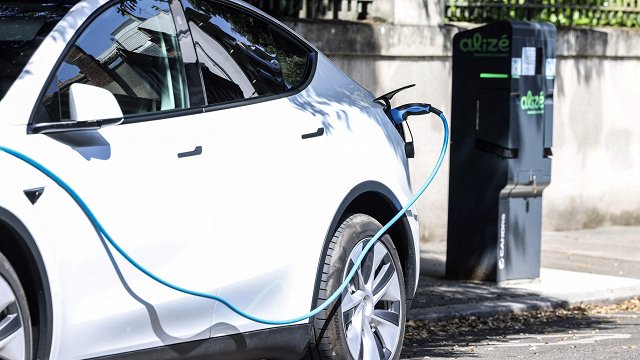Around 100,000 borrowers will receive the aid by the end of April. The government has already decided to transfer the amount to be paid for the first quarter - €24.2 million - to the VID, which will then make the transfer to each mortgage borrower's bank account.
According to the Finance Latvia Association's calculations, the aid to be paid out could vary from around €200 to €270 for loans of €50,000, between €630 and €740 for loans of €150,000 and between €1,000 and €1,240 for loans of up to €250,000 for the first quarter.
As reported earlier by LSM, last year politicians debated intensively whether and how to support people who had taken out loans to buy homes. As the base interest rates set by the European Central Bank (ECB), which are also taken into account when calculating interest rates on loans in Latvia, rose very sharply, many people saw their loan payments, including interest payments, rise significantly.
After lengthy discussions, the Saeima agreed that banks and other lenders licensed to provide lending services will this year have to pay a special levy, which will then be used to support mortgage borrowers.
The support will be 30% of all interest payments, up to a maximum of two percentage points.
The support will be granted to all mortgage borrowers who have taken out a mortgage before October 31 2023 and whose mortgage balance does not exceed EUR 250,000. It was also decided that the money would be paid quarterly. So now, in April, the aid will be received for the first time and will be paid on the interest payments calculated in January, February and March.
The aid is for interest only and does not affect the principal repayable in any way.
This year, mortgage holders will receive the money in their account four times: in April, July, October, and January.
Ilze Jankova, Director of the VID Tax Administration, said: "The support payments will go into the accounts of borrowers automatically. The VID will not ask people for any information and will not send them any text messages. So I urge everyone to be careful and not to fall into the trap of scammers.
"We have also seen in the past that the name of public authorities, including the VID, is used in fake text messages and emails to scam people out of personal data or financial resources. Nor will the bank where the loan was taken call or clarify anything. If the bank needs any clarifying information it will send it to your internet bank, while the VID will not communicate with you at all, only transfer the money."





























